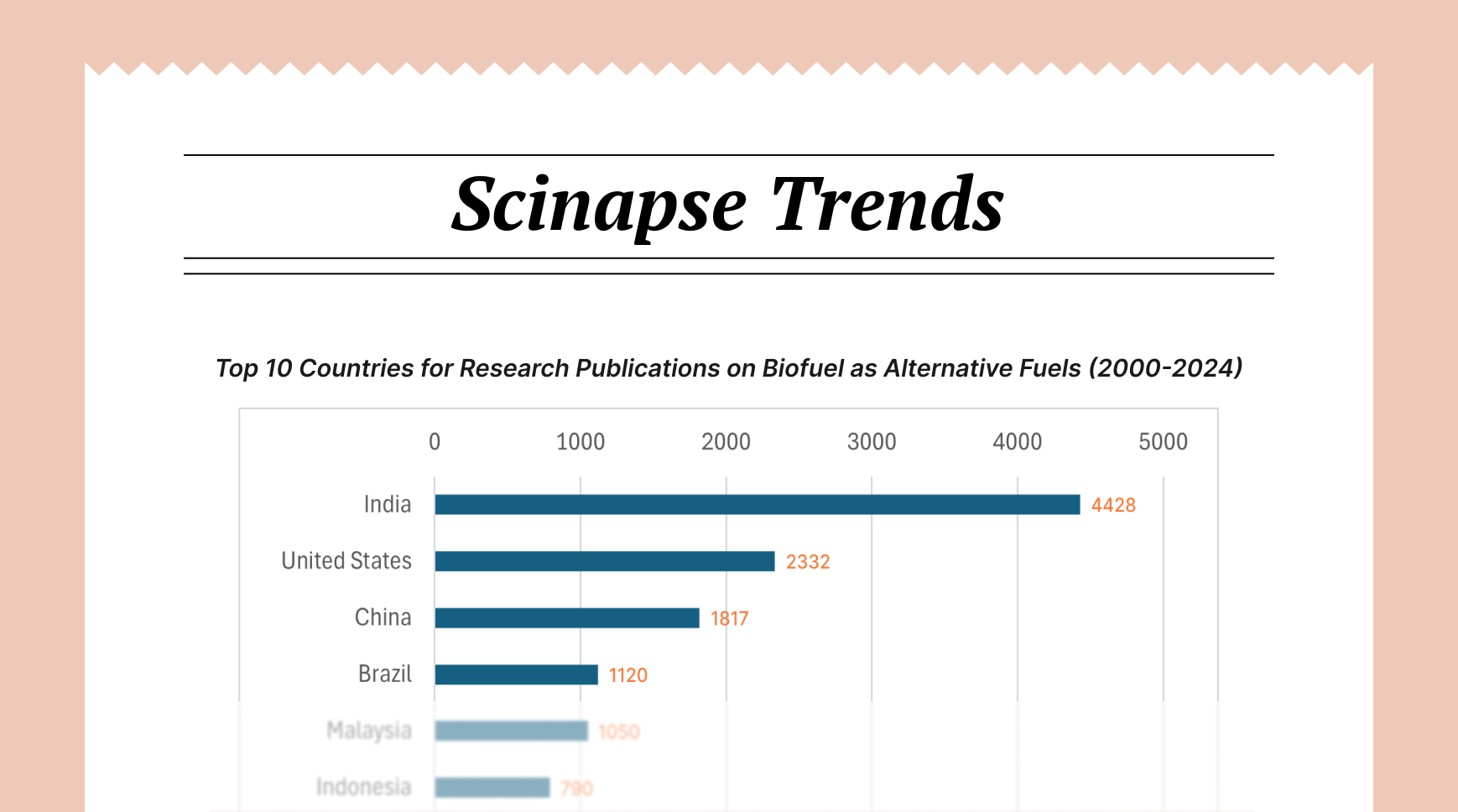How to Use AI in Research: Guide for Researchers in 2024

Artificial intelligence (AI) has become an increasingly valuable tool in various fields of research. When used effectively, AI in research can enhance productivity, uncover new insights, and accelerate the pace of scientific discovery.
Understanding the Role of AI in Research
Before integrating AI into research workflows, it's crucial to understand its capabilities and limitations. AI excels at:
- Analyzing large volumes of literature
- Identifying patterns and correlations
- Automating repetitive tasks
- Generating hypotheses
- Simulating complex systems
However, AI is not a replacement for human expertise. Researchers should view AI as a complementary tool that augments rather than supplants human intelligence.
Choosing Appropriate AI Tools
Select AI tools that align with specific research needs and objectives:
- Machine learning algorithms: For pattern recognition, classification, and prediction tasks.
- Natural language processing (NLP): To analyze text data, automate literature reviews, or generate research summaries.
- Computer vision: For image and video analysis in fields like medical imaging or remote sensing.
- Robotic process automation: To streamline repetitive tasks in laboratory settings.
- Generative AI: For hypothesis generation, experimental design, or creative problem-solving.
Evaluate tools based on factors such as accuracy, scalability, interpretability, and compatibility with existing research infrastructure.

Integrating AI in Research Workflows
To effectively incorporate AI into research processes:
- Define clear objectives: Identify specific research questions or challenges that AI can address.
- Start small: Begin with pilot projects to gain experience and demonstrate value before scaling up.
- Collaborate across disciplines: Collaborate with top researchers to leverage specialized knowledge.
- Develop AI literacy: Invest in training to help researchers understand AI concepts and capabilities.
- Establish ethical guidelines: Create protocols for responsible AI use, addressing issues like bias, privacy, and transparency.
- Iterate and refine: Continuously evaluate AI performance and adjust approaches based on results.
Leveraging AI for Literature Review and Knowledge Discovery
AI can significantly enhance the literature review process:
- Automated search and filtering: Use NLP algorithms to identify relevant papers based on research questions.
- Content summarization: Generate concise summaries of key findings from multiple sources.
- Citation network analysis: Visualize relationships between publications to identify influential works and emerging trends.
- Cross-disciplinary connections: Discover unexpected links between different fields of study.
- Gap analysis: Identify under-researched areas or conflicting findings that warrant further investigation.

Challenges and Considerations
While AI offers significant benefits, researchers should be aware of potential challenges:
- Interpretability: Some AI models, particularly deep learning systems, can be difficult to interpret, raising questions about the reliability of their outputs.
- Reproducibility: Ensuring that AI-driven research is reproducible requires careful documentation of data, algorithms, and parameters.
- Overreliance: Avoid becoming overly dependent on AI tools at the expense of domain expertise and critical thinking.
- Ethical concerns: Consider the ethical implications of AI use, particularly when working with sensitive data or in fields with significant societal impact.
- Resource requirements: Implementing AI systems may require substantial computational resources and specialized expertise.
- Keeping pace with rapid advancements: The field of AI is evolving quickly, requiring ongoing learning and adaptation.
Final Takeaway
AI has the potential to revolutionize research across disciplines, from accelerating literature reviews to optimizing experimental designs. By understanding the capabilities of AI in research, preparing data effectively, choosing appropriate tools, and integrating them thoughtfully into research workflows, researchers can utilize the power of AI to drive innovation and discovery.
As AI continues to evolve, researchers who effectively leverage these tools while maintaining rigorous scientific practices will be well-positioned to make significant contributions to their fields.
Author: Uttkarsha B
- AI-Ethicist and STM Research & Publishing Expert
Never re-search again.
Scinapse is made by researchers for researchers.
Join the next generation of research at ⏯️ https://scinapse.io/
Pluto Labs
Pluto Labs helps researchers focus on their research by improving several inefficiencies in the academic research process. We offer data-driven insights from academic papers, allowing users to easily obtain review-level results for their desired range of papers.
https://pluto.im/





Comments ()